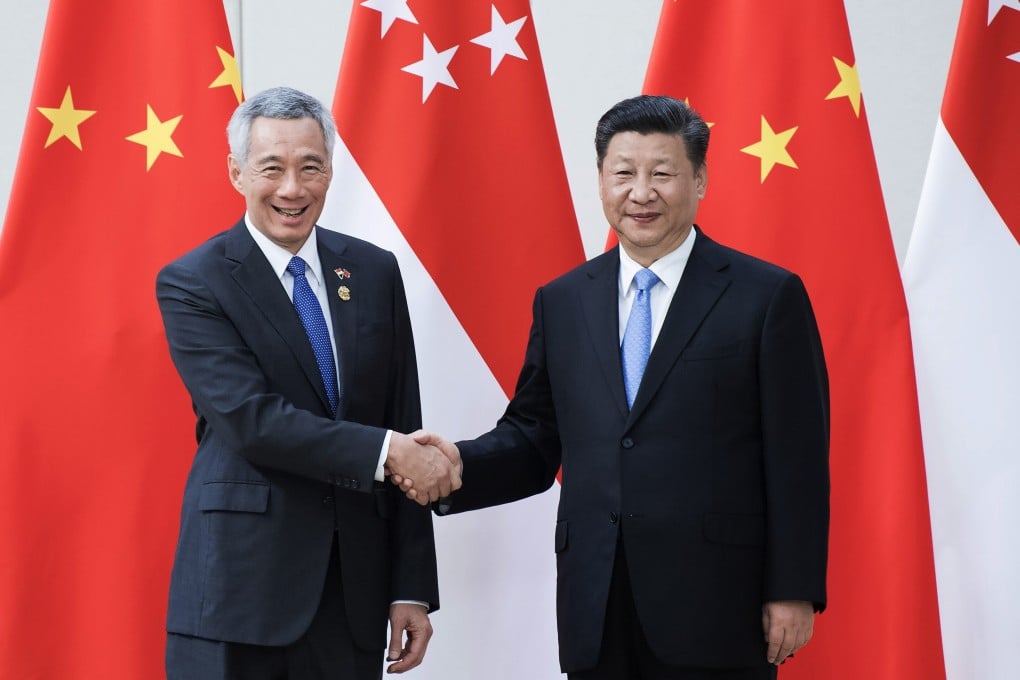Singapore-China relations, 30 years on: can the 4G leaders hold their own, and will the US rock the boat?
- On the anniversary of diplomatic ties, a new generation of politicians are looking to navigate challenges including the escalating US-China rivalry
- There are also questions over the changing bilateral power dynamic amid China’s rise, and the impact of ongoing disputes in the South China Sea

The next day, Singapore’s The Straits Times underscored just how important the event was for the island republic with the headline “China ties come after long period of gestation”.
According to the national daily’s account, the short ceremony saw China’s then foreign minister Qian Qichen and his Singaporean counterpart Wong Kan Seng sign a communique before making a “toast to our friendship”.
In a recent interview, Wong said this was because of regional anxieties in Southeast Asia at the time. Given the island nation’s majority ethnic-Chinese population and its Muslim-majority neighbours, there were concerns racial affinity might be manipulated and the country might become a “third China”.
To keep these suspicions at bay, Singapore made a political decision to become the last Asean country to formalise ties with China, and it followed suit only after Indonesia re-established ties with China in August 1990.